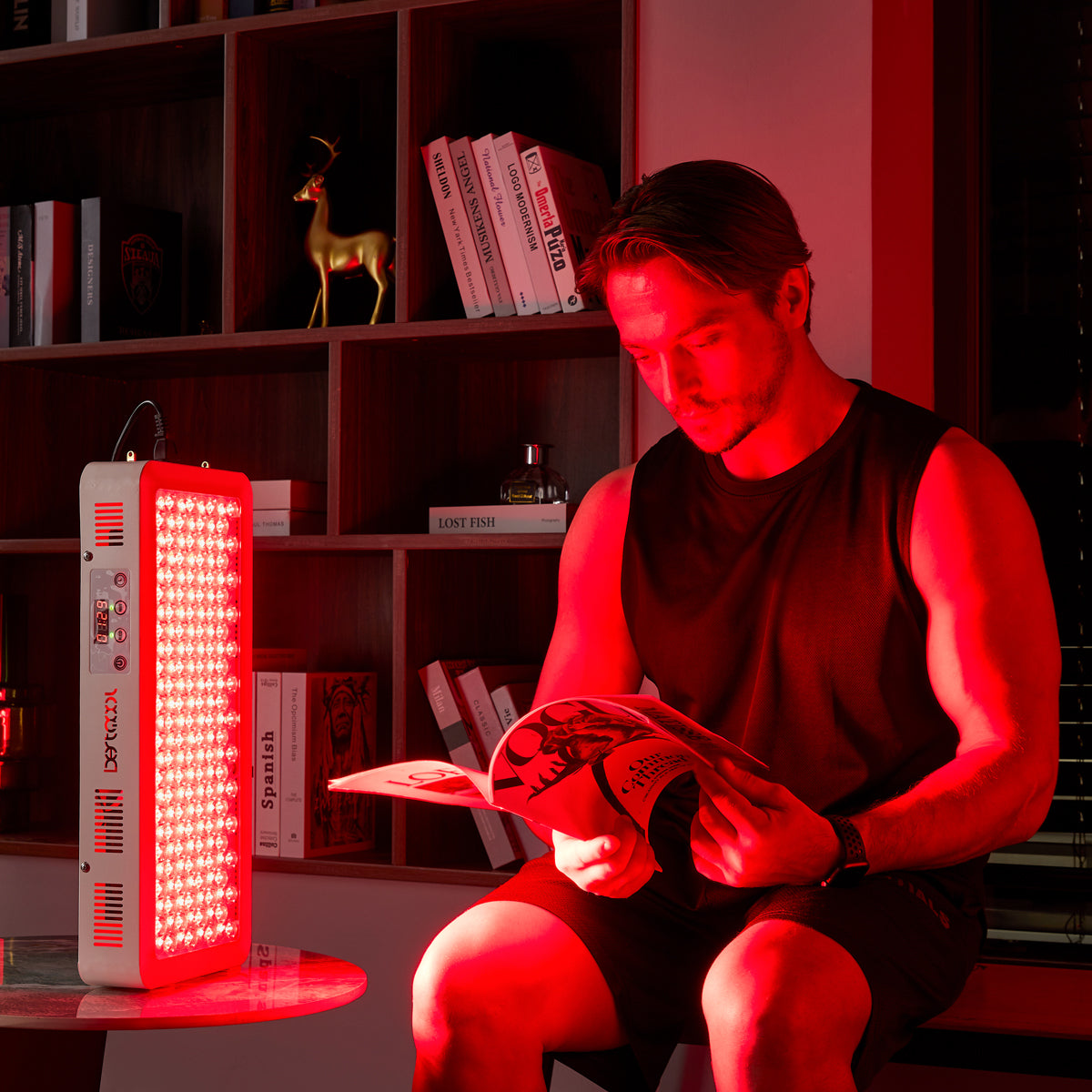Unlock Radiant Skin: Discover the Surprising Benefits of Entry-Level Red Light Therapy Devices!
In recent years, red light therapy has surged in popularity as a go-to treatment for skincare enthusiasts seeking a natural way to enhance their beauty routines. This innovative therapy harnesses specific wavelengths of light to promote skin health, making it a compelling option for those looking to achieve radiant skin. With the introduction of entry-level red light therapy devices, this once exclusive treatment is now accessible to a wider audience, allowing individuals to harness its benefits from the comfort of their own homes. In this article, we will delve into the inner workings of these devices, explore their myriad benefits, and identify suitable applications for various skin types.

Understanding Entry-Level Red Light Therapy Devices
At the core of red light therapy is the science of light wavelengths. Red light, typically in the range of 600 to 650 nanometers, penetrates the skin at various depths, stimulating cellular processes in a way that promotes healing and rejuvenation. When applied to the skin, these wavelengths interact with mitochondria—the powerhouse of our cells—leading to increased ATP (adenosine triphosphate) production. This boost in energy fuels cellular repair, collagen production, and overall skin health. Entry-level red light therapy devices are designed to deliver this specific wavelength effectively, using LED technology that differs from professional-grade equipment that often utilizes lasers. The affordability and compact size of these devices make them ideal for home users, ensuring that anyone can easily incorporate this beneficial therapy into their daily routine.
Benefits of Entry-Level Red Light Therapy
The benefits of using entry-level red light therapy devices are plentiful and diverse. Users often report improved skin tone and texture, as the therapy aids in reducing redness and promoting a more even complexion. Moreover, studies have shown that red light therapy can significantly reduce the appearance of fine lines and wrinkles, making it a sought-after treatment for those looking to maintain youthful skin. Beyond cosmetic improvements, many individuals have experienced enhanced wound healing and tissue regeneration, making it beneficial for those with scars or other skin conditions. Friends who have tried these devices have shared their positive experiences, noting how they felt their skin appeared more plump and vibrant after consistent use. These devices not only address existing concerns but also serve as a preventive measure against future skin issues.
Suitable Applications for Red Light Therapy
Red light therapy is suitable for a variety of skin types and conditions, including acne-prone skin, sensitive skin, and signs of aging. For those with acne, the anti-inflammatory properties of red light can help reduce redness and swelling, promoting clearer skin over time. On the other hand, individuals with dry or mature skin may find that regular use of red light therapy improves hydration levels and elasticity. The frequency of use typically recommended is about three to five times a week, with sessions lasting between 10 to 20 minutes, depending on the device. It’s always a good idea to start slowly and observe how your skin responds, adjusting the frequency and duration as needed to achieve optimal results. Listening to personal anecdotes from friends who have navigated these waters can be enlightening, as they offer insights into what works best for them.
Safety and Considerations
While entry-level red light therapy devices are generally considered safe, it is essential to be mindful of potential side effects. Some users may experience temporary redness or sensitivity after treatment, but these effects usually subside quickly. It is crucial to follow the manufacturer’s guidelines for use to minimize any risks and maximize the benefits. Individuals with certain medical conditions, such as those taking photosensitizing medications or those with skin conditions like eczema or psoriasis, should consult a healthcare professional before starting therapy. Ensuring proper eye protection during sessions is also recommended, as prolonged exposure to bright light can cause discomfort.
Harnessing the Power of Red Light Therapy for Radiant Skin
In summary, entry-level red light therapy devices offer a wealth of benefits for those looking to enhance their skincare routines. From improving skin tone and texture to aiding in wound healing, these devices are both accessible and effective. As more people discover the transformative power of red light therapy, incorporating it into daily routines can lead to healthier, more radiant skin. If you’re contemplating a new approach to skincare, consider giving entry-level red light therapy a try—it just might be the glow-up you’ve been searching for!










Comentarios